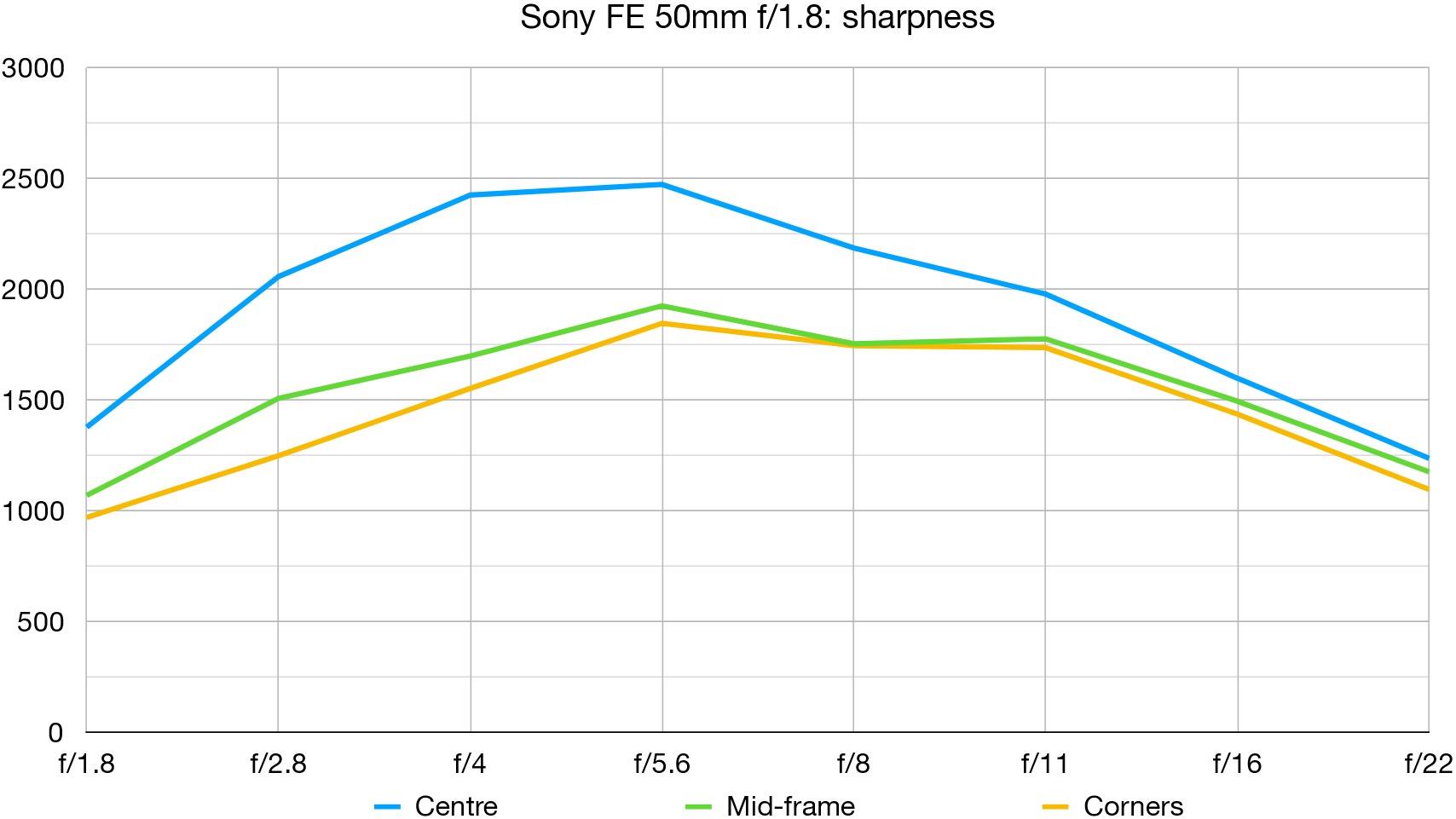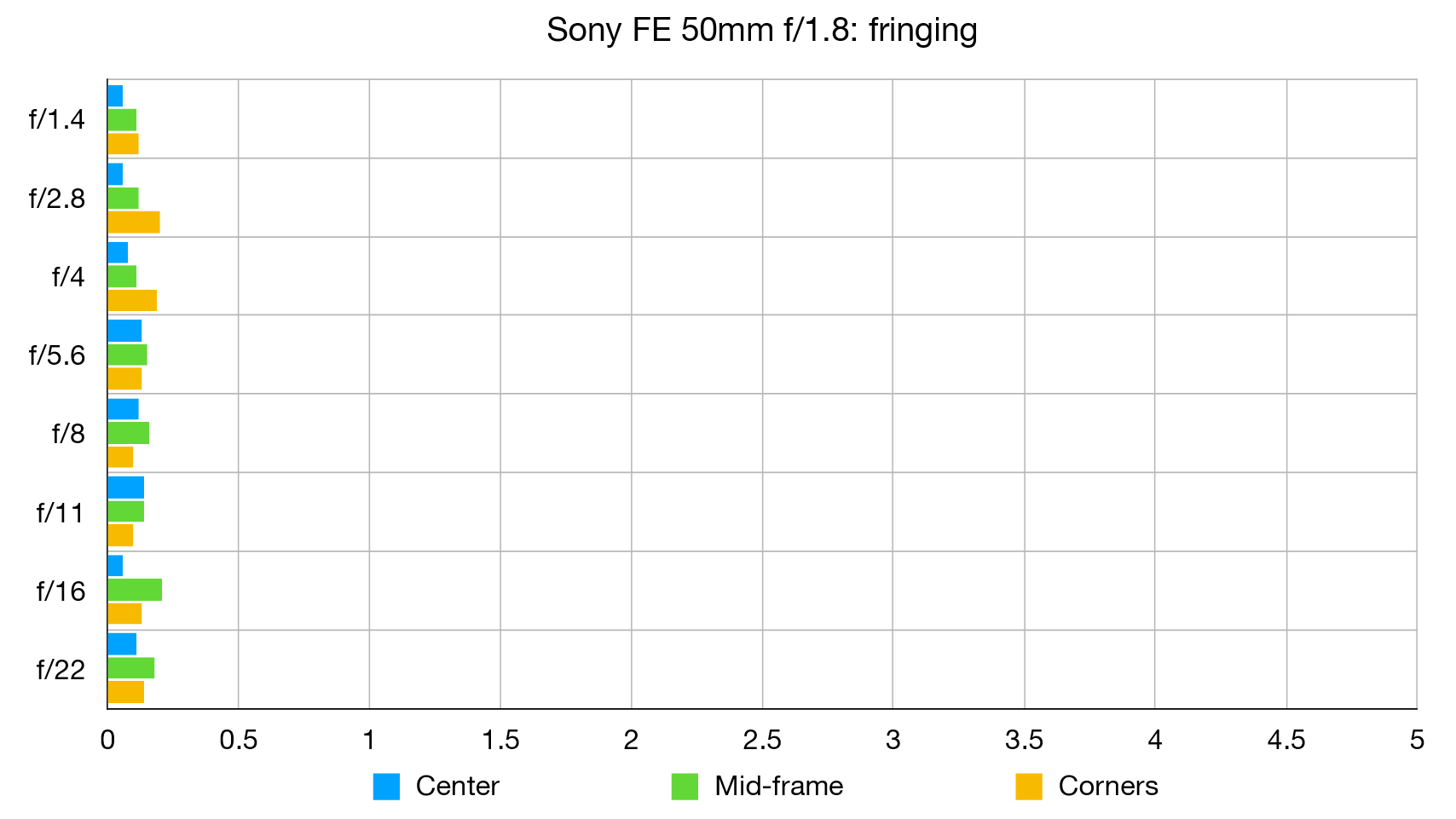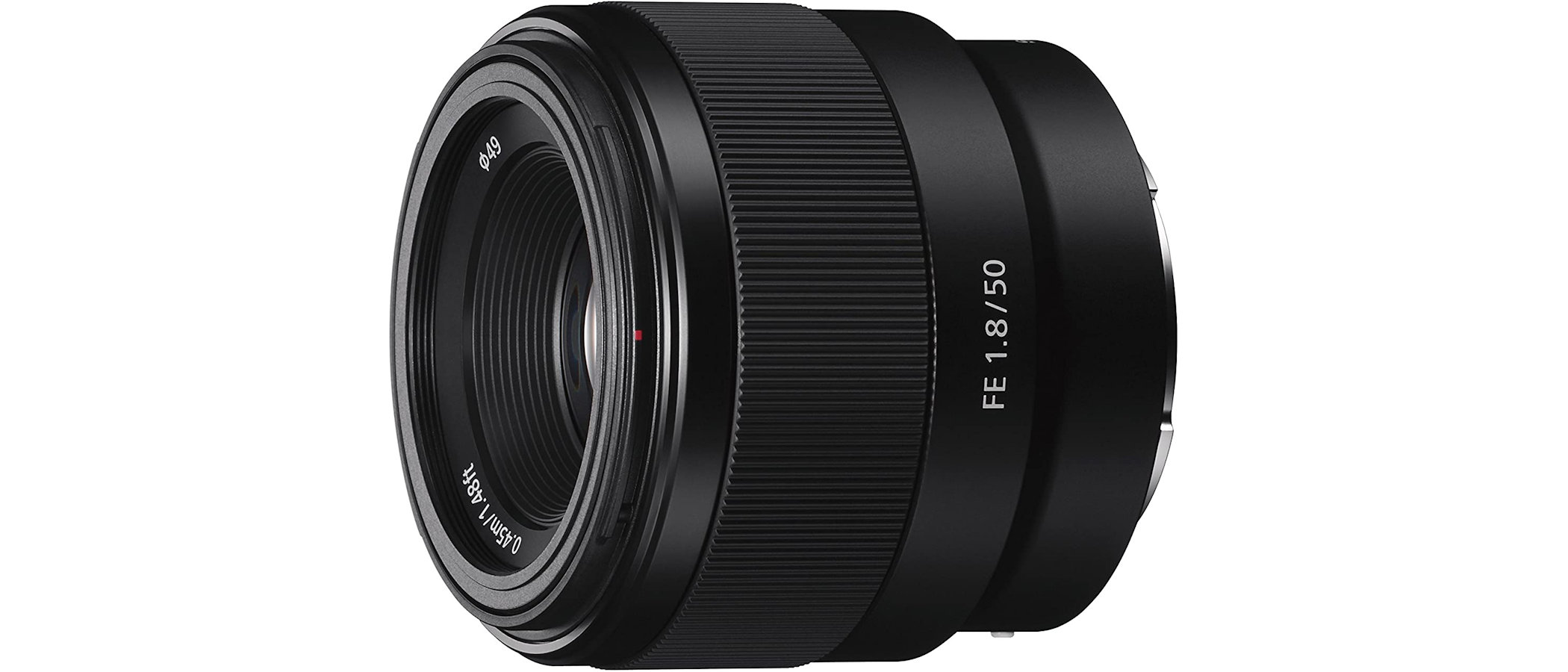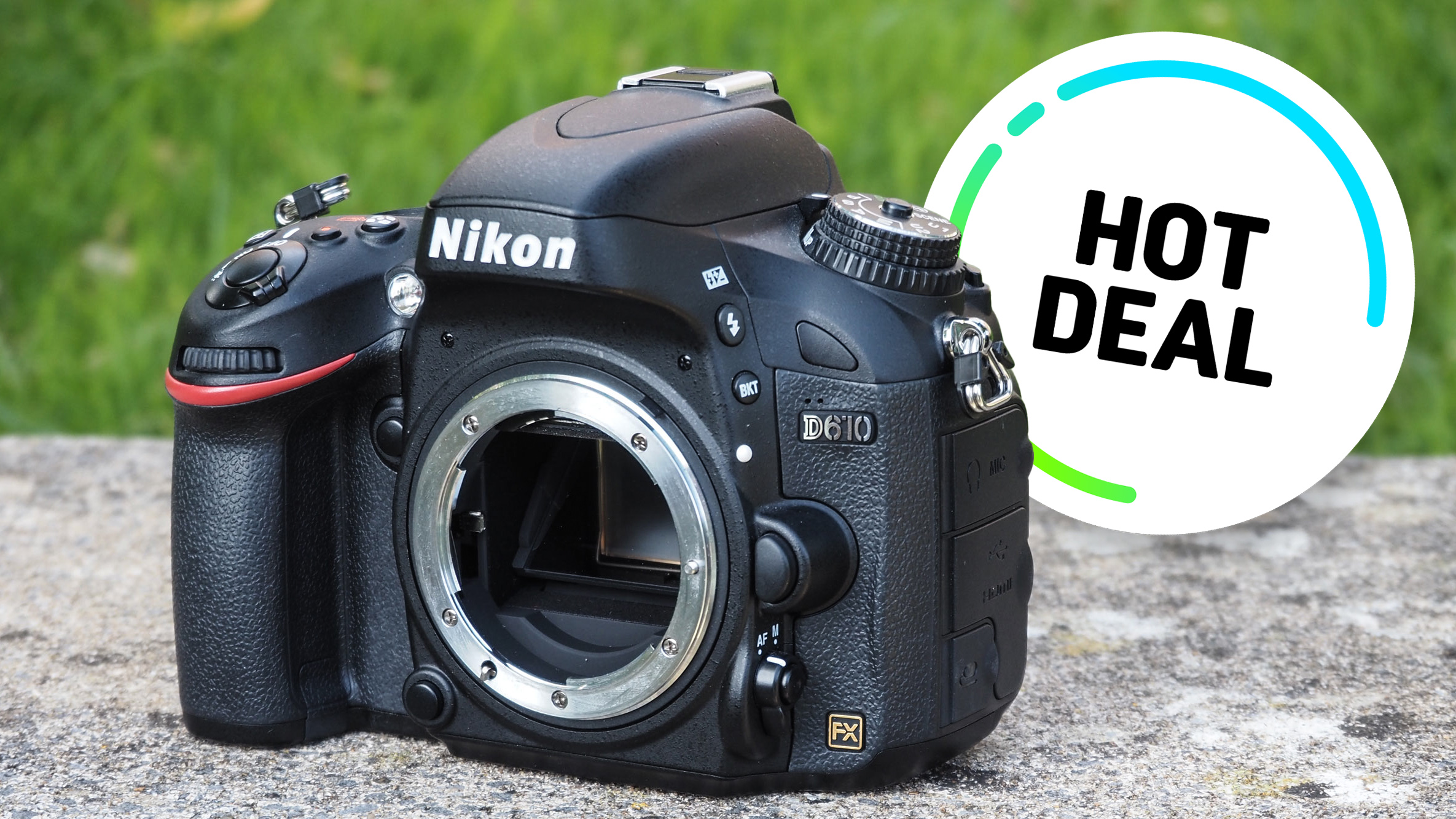Digital Camera World Verdict
For most serious photographers, a fast 50mm is a must-have lens whether we shoot on full-frame or APS-C format cameras. It’s the ideal focal length for a standard perspective on a full-frame body, while giving a short telephoto field of view on an APS-C camera, ideal for portraiture and more besides. Naturally this Sony lens isn’t as fast as an f/1.4 lens that some prefer, but it’s wonderfully compact, lightweight and affordable, and delivers very good image quality.
Pros
- +
Compact and lightweight
- +
Relatively inexpensive
- +
Smooth bokeh
Cons
- -
Severe vignetting at f/1.8
- -
Audible autofocus
- -
No weather-seals
Why you can trust Digital Camera World
The Sony FE 50mm f/1.8 filled an unfortunate hole in the line-up of Sony E-mount lenses when it was first launched. There have long been very affordable 50mm f/1.8 lenses for Canon and Nikon DSLRs but 50mm lenses for Sony’s mirrorless cameras were much pricier affairs. This lens is less of a burden financially and physically, measuring just 69x60mm and weighing a mere 186g. It’s a great fit for both full-frame bodies as well as Sony’s range of APS-C format mirrorless cameras.
Specifications
Mount: Sony E
Sony product code: SEL50F18F
Full frame: Yes
Autofocus: Yes
Stabilization: No
Lens construction: 6 elements in 5 groups
Angle of view: 47 degrees
Diaphragm blades: 7
Minimum aperture: f/22
Minimum focusing distance: 0.45m
Maximum magnification ratio: 0.14x
Filter size: 49mm
Dimensions: 69x60mm
Weight: 186g
Key features
The optical path has a double-gauss design which helps to minimize distortion and field curvature, improving sharpness across the frame when shooting flat objects head-on. An aspherical element but there’s no ED (Extra-low Dispersion) glass. Autofocus is driven by a DC motor.
The design and build feel very basic. There are no on-board switches, nor even a focus distance scale. Even so, the lightweight plastic barrel doesn’t feel too flimsy and it’s attached to a sturdy metal mounting plate. The focus ring is comfortably large, doesn’t rotate during autofocusing, and enables smooth and precise manual focusing via a fly-by-wire electronic coupling.
The lens has a small 49mm filter thread and comes complete with a bayonet-fit plain rather than petal-shaped hood. It features neither Optical SteadyShot nor any weather-seals although the mounting plate is metal rather than plastic.
Performance
The DC motor autofocus system is reasonably quick and very quiet, although not completely silent, which can be an issue for movie capture. There’s no shortage of bite, with very good sharpness and contrast, although sharpness drops off noticeably when shooting wide-open at f/1.8. Vignetting is very noticeable unless you stop down to f/2.8.
Despite not being one of Sony’s ‘G series’ lenses, bokeh is soft and dreamy, even when stopped down a little from its widest aperture. This is helped by a fairly well-rounded seven-blade diaphragm. Color fringing and distortion are both minimal and, overall, image quality is very pleasing.
Lab results
We run a range of lab tests under controlled conditions, using the Imatest Master testing suite. Photos of test charts are taken across the range of apertures and zooms (where available), then analyzed for sharpness, distortion and chromatic aberrations.
We use Imatest SFR (spatial frequency response) charts and analysis software to plot lens resolution at the center of the image frame, corners and mid-point distances, across the range of aperture settings and, with zoom lenses, at four different focal lengths. The tests also measure distortion and color fringing (chromatic aberration).
Sharpness:

Sharpness is excellent across most of the frame at f/2.8 and the extreme edges catch up at f/4, but there’s a noticeable drop in sharpness wide-open at f/1.8.
Fringing:

Color fringing is impressively negligible across the entire image frame at all apertures, even without enabling in-camera correction.
Distortion: -0.65
There’s a slight touch of barrel distortion but, as with color fringing, it’s generally hard to spot even with in-camera correction disabled.
Verdict
For most serious photographers, a fast 50mm is a must-have lens whether we shoot on full-frame or APS-C format cameras. It’s the ideal focal length for a standard perspective on a full-frame body, while giving a short telephoto field of view on an APS-C camera, ideal for portraiture and more besides. Naturally this Sony lens isn’t as fast as an f/1.4 lens that some prefer, but it’s wonderfully compact, lightweight and affordable, and delivers very good image quality.
Read more:
• Best camera lenses to get
• Best Canon lenses
• Best Nikon lenses
• Best Sony lenses
Matthew Richards is a photographer and journalist who has spent years using and reviewing all manner of photo gear. He is Digital Camera World's principal lens reviewer – and has tested more primes and zooms than most people have had hot dinners!
His expertise with equipment doesn’t end there, though. He is also an encyclopedia when it comes to all manner of cameras, camera holsters and bags, flashguns, tripods and heads, printers, papers and inks, and just about anything imaging-related.
In an earlier life he was a broadcast engineer at the BBC, as well as a former editor of PC Guide.



